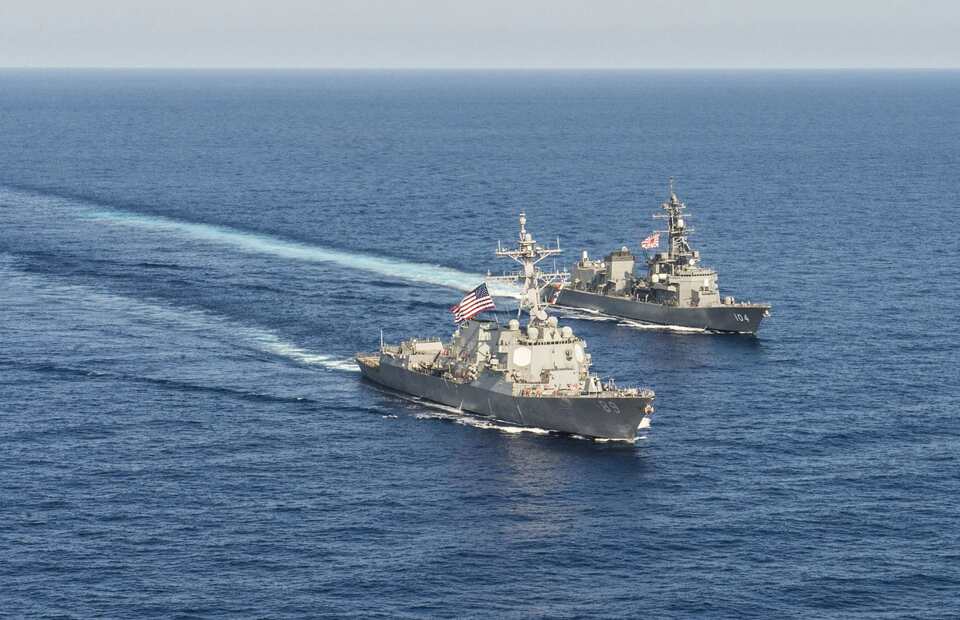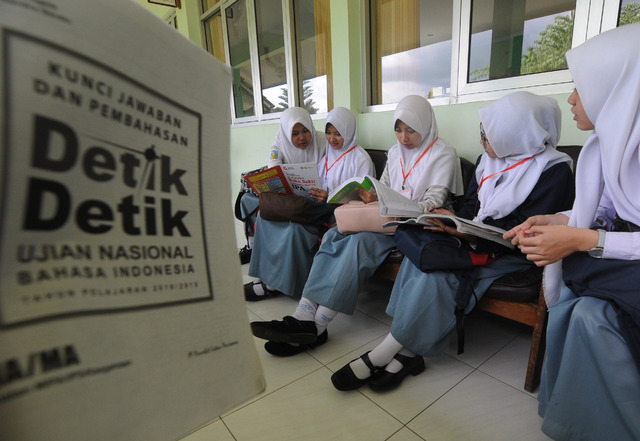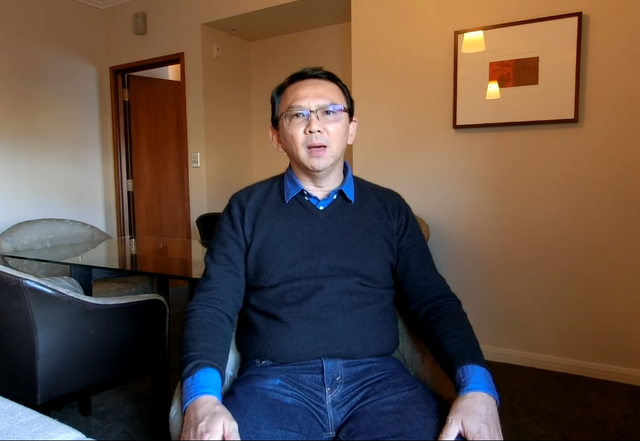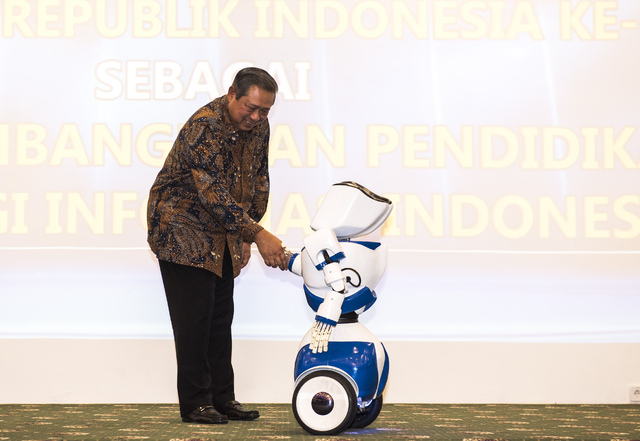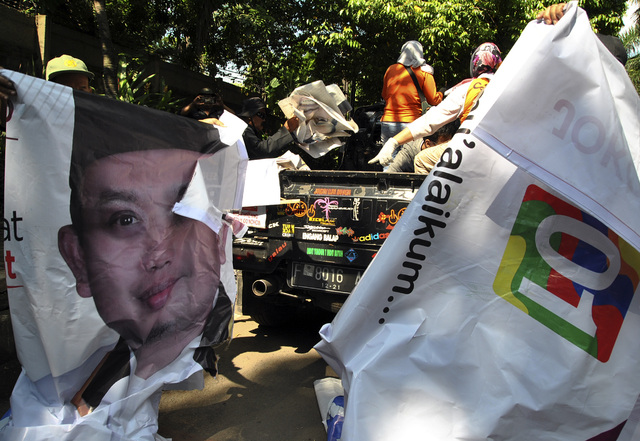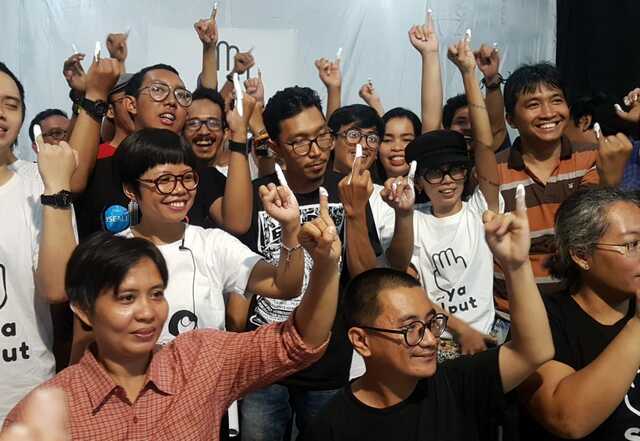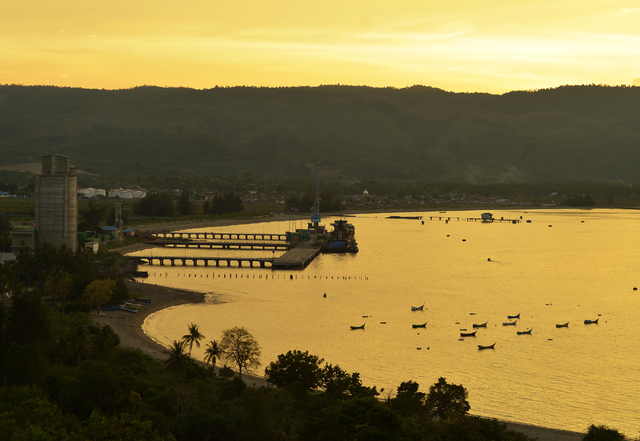Commentary: Jakarta, Manila and the South China Sea
BY : ARIZKA WARGANEGARA
OCTOBER 09, 2016
At least three important aspects are relevant in the current debate related to the South China Sea dispute. These are security, internal politics and anti-American policy, the last in particular by the Chinese government.
This is understandable by the fact that United States President Barack Obama's current policy toward China has been aggressive in many ways. Admittedly, both the United States and China have various economic, security and political interests in the South China Sea.
I have regularly mentioned the importance of a political geographic approach in understanding the South China Sea dispute. The central debate in the dispute looks attractive now after Philippine President Rodrigo Duterte bravely insulted Obama as a "son of a whore" some weeks ago.
Although Duterte, through his spokesman, later clarified the statement and apologized to Obama, it is clear that Manila is moving towards closer ties with Beijing.
This assessment is backed by the fact that Duterte has urged the US military to leave the Southern Philippines, and by a report in the Wall Street Journal some days ago that "Duterte would dismiss military patrols alongside the US Army in the South China Sea to avoid upsetting Beijing."
We know that Southeast Asian countries, such as Indonesia and the Philippines, have political, economic and social interests in the South China Sea. And since the world is now divided into two big economic blocks – the United States and China – it is not surprising that the Philippines under Duterte has been trying to strengthen its relations with China.
So the next questions are: What is the Indonesian government's position toward the South China Sea dispute and the "silent" conflict of interest between the United States and China? And what should the Indonesian government's position be on the South China dispute? How should Indonesia accommodate the interests of the world's two biggest powers without neglecting our national interests?
Indonesia's Position
In its foreign policy objectives, Indonesia has clearly indicated that it stands for a free and active platform, so that a balance between the interests of the United States and China is needed without negatively impacting on our sovereignty. It represents so-called soft power by implementing a cultural and also a technical approach to maintain our interests in the South China Sea.
Firstly, we know President Joko "Jokowi" Widodo favors diplomacy, so his background as a businessman has therefore resulted in a dynamic leadership style. This is an advantage for Indonesian foreign policy, particularly when the country has to be the balancing power between the varied interests of the countries in the Southeast Asia region. So I am confident that Jokowi's leadership style would make Indonesia's position politically and technically vital in finding a solution to the South China Sea dispute.
Secondly, the Indonesian government's current maritime policy should prioritize the usage of space and place in the archipelago. Ensuring that every single area, especially the outer islands, are occupied and empowered by its people. However, while this is not an easy task, maritime policy must be integrated to harmonize the security and economic aspects.
In the globalized and regionalized world of today, a technical approach to maximizing the policy on space and place is necessary for maintaining a country's sovereignty, particularly for an archipelago such as Indonesia.
Finally, it is not an easy task to deal with the more intensified conflicts nowadays, but Indonesia should be in front as the leading country to create a better and more peaceful world.
Arizka Warganegara is a political analyst from the University of Lampung and a Ph.D. candidate in political geography at the University of Leeds in the United Kingdom.

